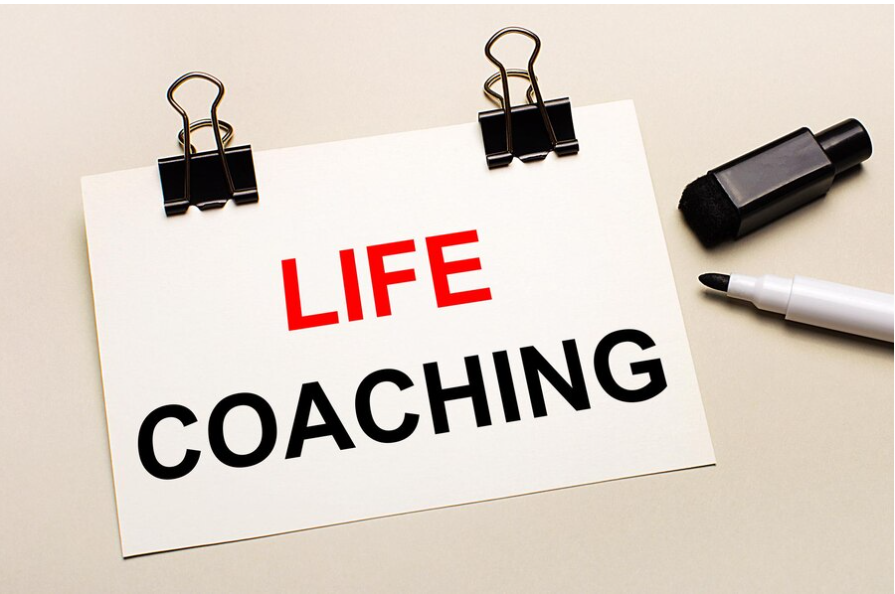Life coaching has become a rapidly growing profession in recent years, as more and more people seek guidance and support to achieve their personal and professional goals. As a life coach, you can make a significant impact in the lives of your clients, helping them to identify their values and priorities, set goals, and develop strategies to achieve them. In this article, we will discuss the steps you can take on how to become a qualified life coach.
Step 1: Determine Your Niche
Before you can become a qualified life coach, you need to determine your niche. What type of coaching do you want to specialize in? There are various types of life coaching, including career coaching, health and wellness coaching, relationship coaching, and more. Determine your area of expertise and focus your efforts on developing the skills and knowledge necessary to become an expert in that area.

Step 2: Gain the Necessary Skills and Knowledge
To become a qualified life coach, you need to have the necessary skills and knowledge to help your clients achieve their goals. Some of the key skills and knowledge you will need to develop include:
Active listening: The ability to listen attentively to your clients and understand their needs and goals.
Questioning: The ability to ask insightful questions that help your clients gain clarity and identify solutions.
Goal setting: The ability to help your clients set SMART (Specific, Measurable, Attainable, Relevant, and Time-Bound) goals.
Communication: The ability to communicate clearly and effectively with your clients.
Time management: The ability to help your clients manage their time effectively to achieve their goals.
To gain these skills and knowledge, consider enrolling in a life coaching training program or taking courses in related areas such as psychology, communication, and goal setting.
Step 3: Obtain Certification
While certification is not required to become a life coach, it can help you stand out in a crowded field and demonstrate your expertise to potential clients. There are various organizations that offer life coaching certification programs, including the International Coach Federation (ICF), the Center for Credentialing and Education (CCE), and the Certified Coaches Federation (CCF). Research different certification programs and choose one that aligns with your goals and preferences.

Step 4: Build Your Client Base
Once you have gained the necessary skills and knowledge and obtained certification, it’s time to build your client base. Start by networking with people in your area of expertise, attending networking events, and reaching out to potential clients. You can also consider offering free or discounted coaching sessions to build your reputation and gain experience.
Step 5: Continue to Learn and Grow
As a life coach, it’s important to continue learning and growing to stay current with the latest trends and techniques in the field. Attend conferences and workshops, read books and articles, and seek out opportunities to connect with other professionals in the field. Continuously improving your skills and knowledge will not only help you become a better coach, but it will also help you attract and retain clients. In conclusion, becoming a qualified life coach requires developing the necessary skills and knowledge, obtaining certification, building a client base, and continuously learning and growing. By following these steps, you can become a successful life coach and make a meaningful impact in the lives of your clients.